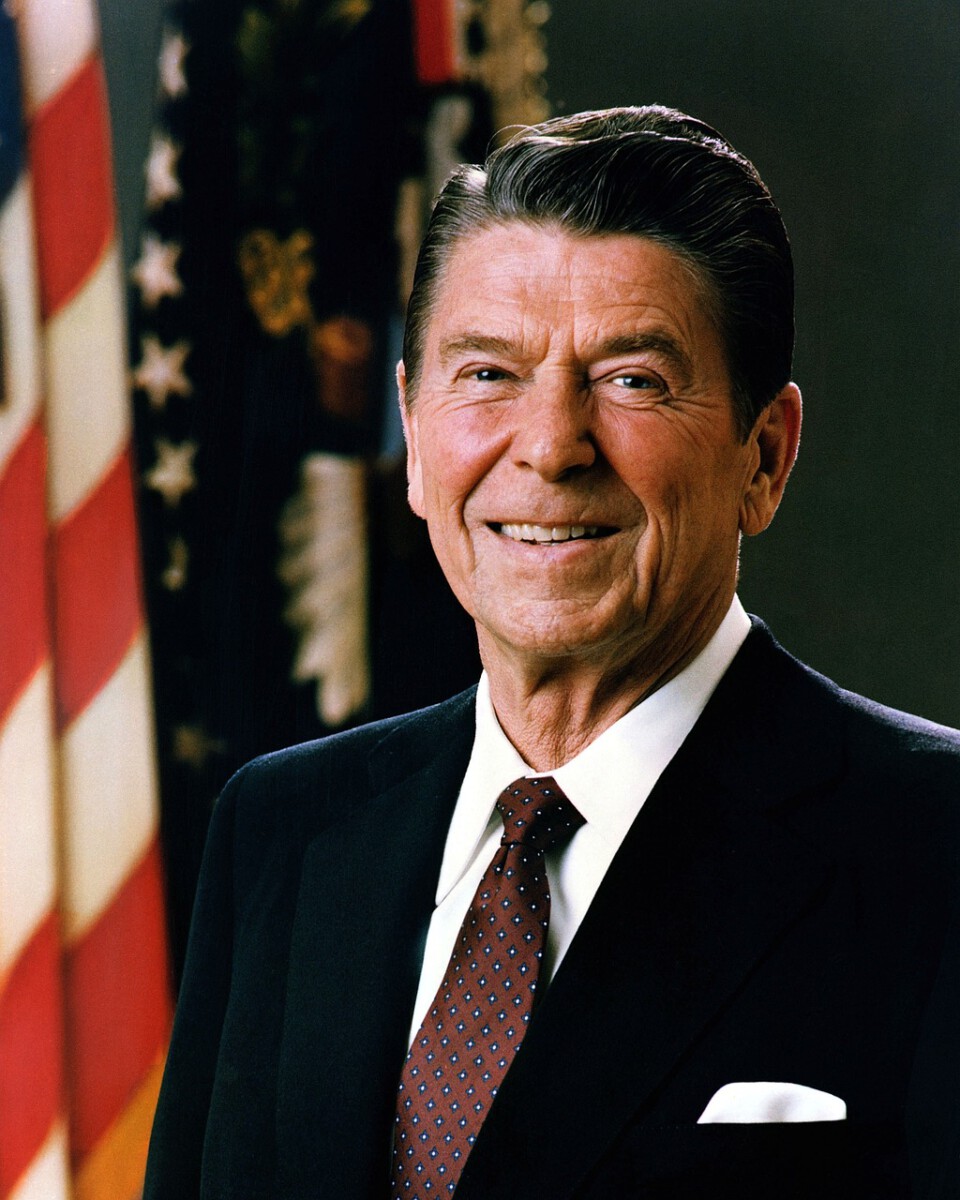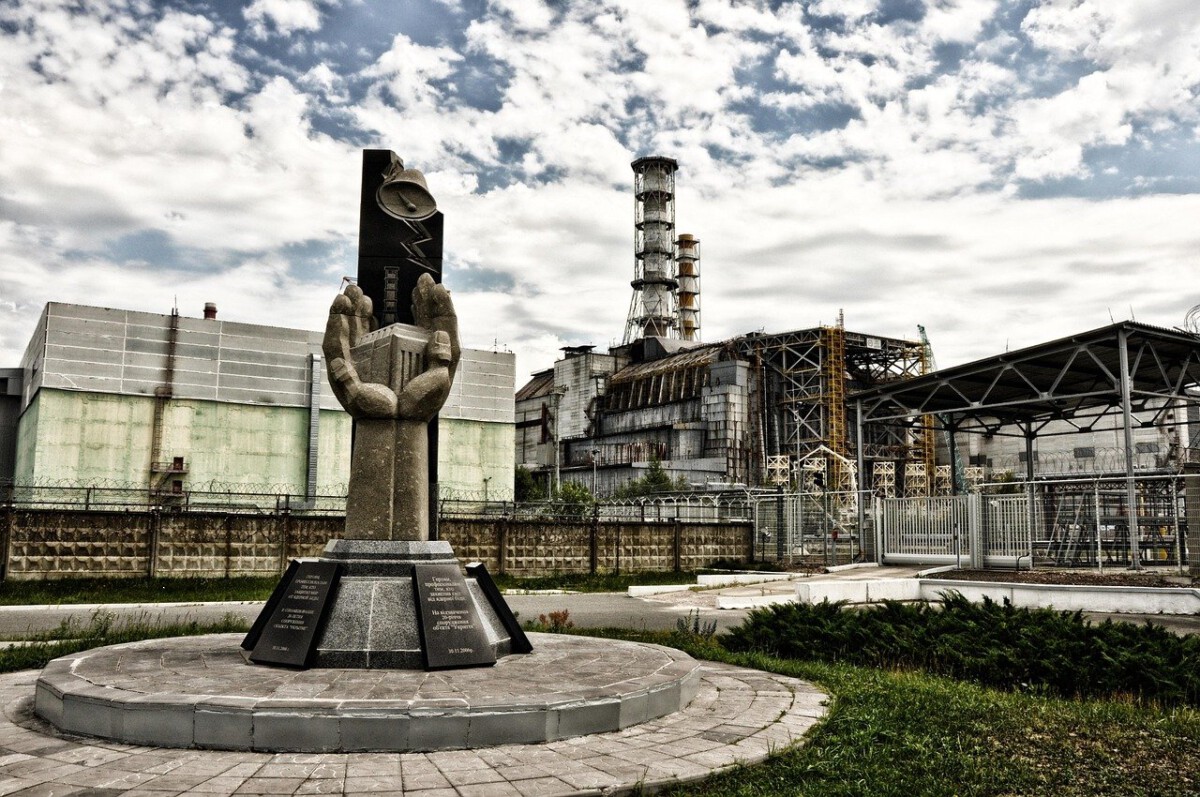Trump’s No-Show Shakes Up the Summit (Image Credits: Unsplash)
In the sweltering heat of the Amazon, world leaders converge under a canopy of urgent talks, their voices rising amid the distant hum of rainforests on the brink.
Trump’s No-Show Shakes Up the Summit
The United States, once a powerhouse in global climate discussions, is sitting this one out. President Trump has decided against sending any high-level delegation to COP30 in Belém, Brazil, prioritizing domestic energy deals over international commitments. This move echoes his past skepticism toward climate initiatives, leaving a noticeable gap at the table.
Attendees from over 190 countries arrived expecting robust U.S. involvement, only to face an empty chair from Washington. Instead of federal representatives, the spotlight shifts to subnational players ready to step forward.
It’s a stark reminder of how one nation’s absence can ripple through global efforts to curb emissions and protect vulnerable ecosystems.
Enter Governor Newsom: California’s Frontline Role
Governor Gavin Newsom isn’t wasting time. He’s jetting off to Brazil to represent California’s aggressive push on clean energy and pollution reduction, turning the state into an unofficial U.S. voice at the summit. With California boasting the world’s fourth-largest economy, Newsom sees this as a chance to showcase real progress amid federal inaction.
His trip underscores a growing trend where states and cities lead when national governments falter. Newsom plans to highlight job creation in renewables and partnerships that cut toxic emissions, proving climate action pays off economically.
This isn’t just talk; California has already inked deals with Brazil on resource protection, signaling deeper ties ahead.
Why This Absence Hits Hard
COP30 marks a critical juncture for updating national climate pledges, and the U.S. pullback could weaken negotiations on finance for developing nations. Without American pressure, securing commitments from major emitters like China might prove tougher. Diplomats worry this signals a broader retreat from multilateral climate politics.
Yet, the summit’s host, Brazil, remains optimistic. President Lula da Silva’s administration is pushing for ambitious rainforest preservation goals, hoping to rally support despite the void.
The stakes feel higher this year, with extreme weather events fresh in everyone’s minds, from wildfires to floods.
California’s Track Record Speaks Volumes
Long before this summit, California has been a trailblazer. The state mandates zero-emission vehicles and invests billions in solar and wind projects, creating thousands of green jobs. These efforts have slashed pollution in urban areas, offering a blueprint for others.
At COP30, Newsom will tout these wins to inspire global partners. Think of it as a states-first approach: while federal policy wavers, California’s actions deliver tangible results, like cleaner air for millions.
Partnerships with Brazil focus on sharing tech for sustainable agriculture, blending California’s innovation with the Amazon’s biodiversity needs.
Global Echoes and What’s Next
World leaders are buzzing about the U.S. shift. European nations and small island states express concern over lost leverage, but many praise California’s initiative as a bright spot. Brazil’s governor in Pará welcomes subnational voices, seeing them as vital to keeping momentum alive.
Looking ahead, this could reshape how climate diplomacy works. More regions might bypass national capitals, forging direct alliances on emissions cuts and adaptation funding.
By summit’s end, expect announcements on enhanced U.S. state-level collaborations, potentially influencing future federal shifts.
Lessons from the Amazon Gathering
The event highlights a key truth: climate leadership isn’t confined to capitals. When one door closes, others open through innovation and resolve. California’s presence proves that economic powerhouses can drive change independently.
- Subnational actors like states are increasingly pivotal in global talks.
- Focus on jobs and health benefits makes climate action relatable and urgent.
- International pacts between regions can bypass federal hurdles effectively.
Key Takeaways:
- Trump’s absence underscores U.S. policy divides on climate.
- California’s economy rivals nations, amplifying its voice abroad.
- COP30 pushes for bolder pledges, with or without full U.S. buy-in.
As the talks wrap in Belém, one thing stands clear: the fight against climate change thrives on determination, not just diplomacy. California’s move reminds us that progress often comes from unexpected places. What role do you see states playing in global issues like this? Share your thoughts in the comments.








